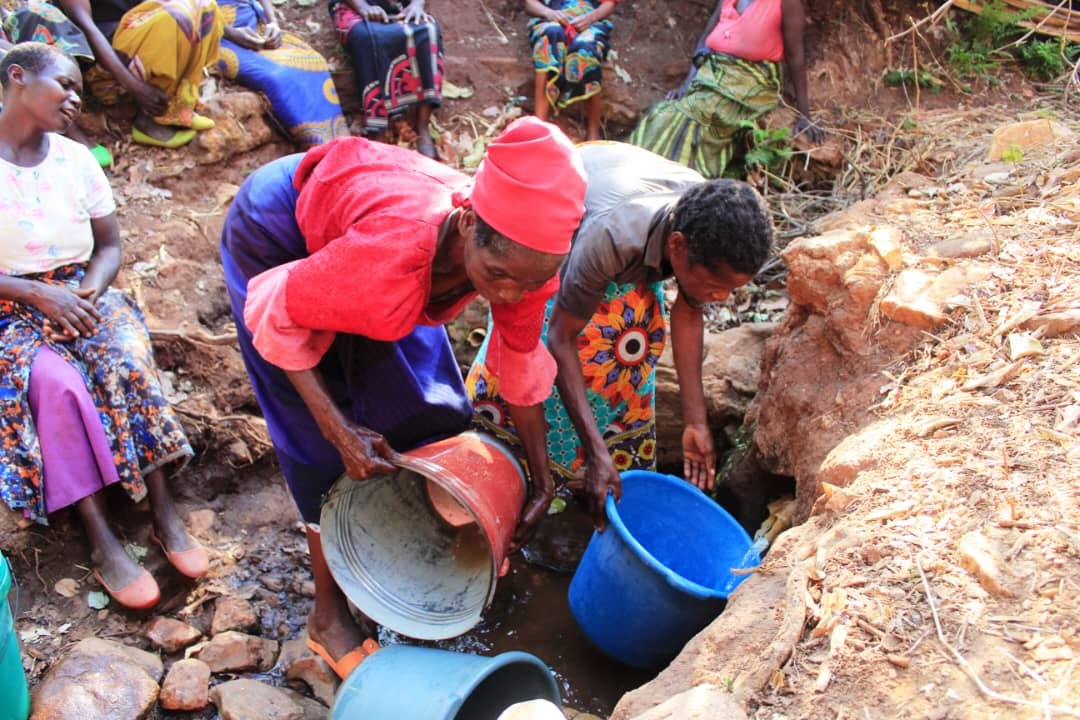60 Years After Independence, Malawi Village Still Lacks Clean Water Access
For residents like Takondwa, the promised developments offer hope for a future where water scarcity no longer determines their destiny.
NTCHISI, Malawi - In Chikho Village, T/A Kasakula, Ntchisi, the daily struggle for clean water continues to define life for its residents, 60 years after Malawi gained independence, writes Catherine Tembo.
Women and children walk for hours daily, carrying heavy buckets of untreated water on their heads, highlighting a persistent development challenge in rural Malawi.
"I never imagined this would still be my life," says Takondwa Chikwalimba, a 19-year-old student who walks over two hours daily to fetch water.
"Sometimes I'm so late and often too tired to concentrate" at school, she adds, describing how the water crisis threatens her dream of becoming a teacher.
The situation in Chikho reflects a broader national crisis. According to UNICEF, approximately 30% of Malawi's households—about 7 million people—lack access to basic drinking water, with over 80% consuming contaminated water.
For families like Filida Lungu's, the consequences are dire. Her youngest daughter nearly died from cholera last year.
"It started with just a stomach ache," Lungu recalls, "but soon she was vomiting and had diarrhoea. We rushed her to the health clinic, but it was almost too late. They told us it was the water."
Group Village Head Chikho Lira Palania expresses frustration at the lack of progress: "We've been independent for 60 years, yet our children are still growing up drinking dirty water. How can we celebrate our freedom when our people are still dying from preventable diseases?"
However, hope is on the horizon. WaterAid, an international charity, has launched the Wimbledon Project, a five-year initiative valued at K500 million to deliver clean water to 10 villages in Ntchisi District, including Chikho.
"By the end of November, we expect to begin construction on the boreholes, and by 2027, the entire project will be completed," says Laston Zungu, WaterAid's Programmes Officer.
Frank Kaphaso, Health Promotion and Public Relations Officer at the Ntchisi District Health Office, acknowledges the government's limited resources have hampered progress.
"We've provided water treatment chemicals like chlorine when we can, but our efforts are often inconsistent," he says.
As Malawi marks its 60th year of independence, Chikho Village's story serves as a reminder that political freedom alone is insufficient without access to basic human needs like clean water.
For residents like Takondwa, the promised developments offer hope for a future where water scarcity no longer determines their destiny.



